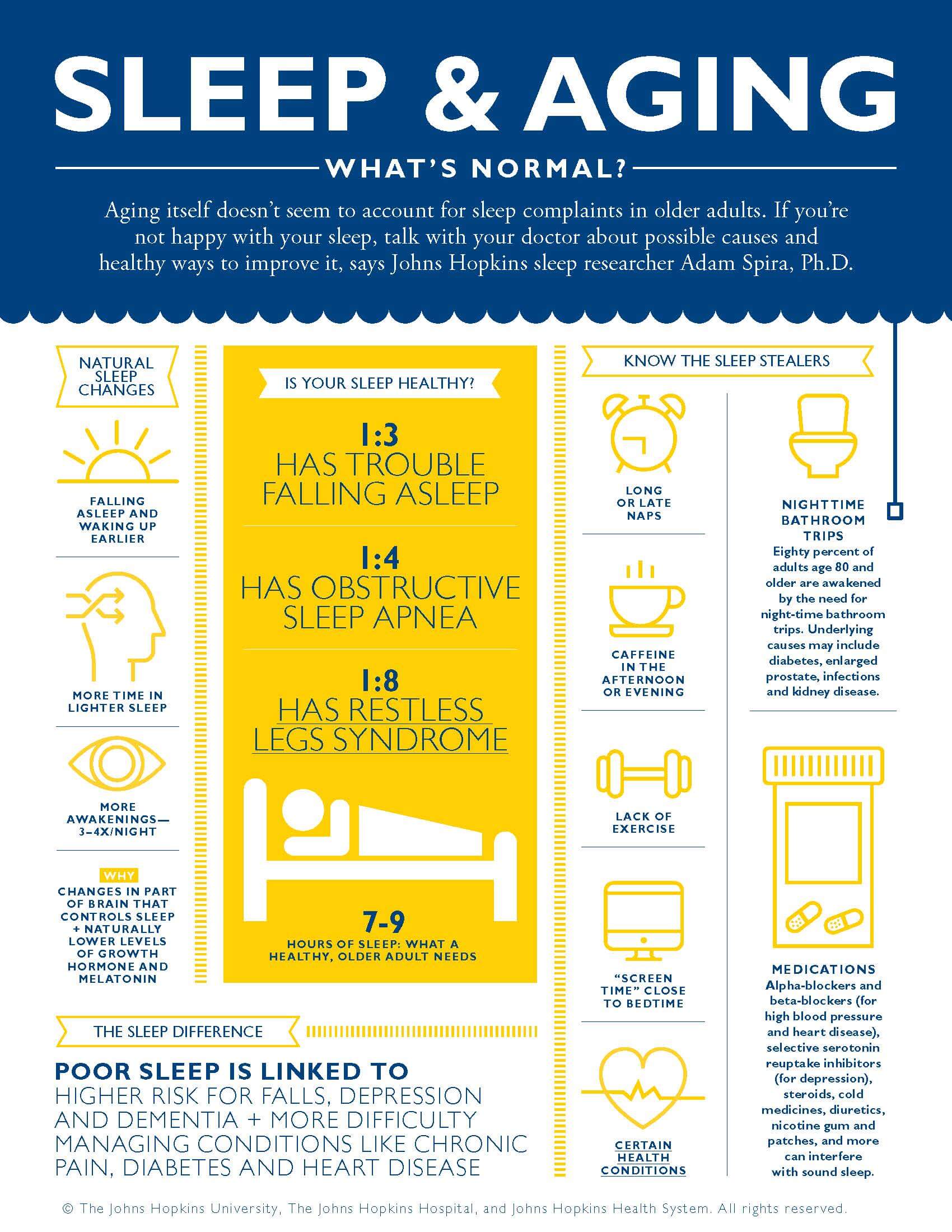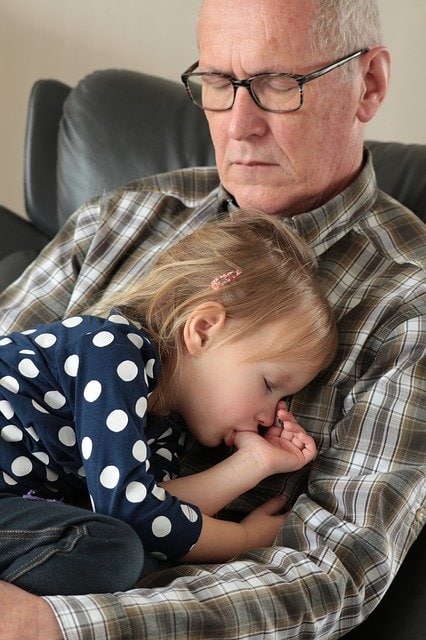March is Sleep Awareness Month! We’ve talked about sleep before on the blog. There are some serious misconceptions about sleeping and aging, which is what we’ll take a look at today.
True or False: Older adults need less sleep.
FALSE! Per the National Institute on Aging:
As people age, they may find themselves having a harder time falling and staying asleep. A common misconception is that a person’s sleep needs decline with age. Older adults need the same amount of sleep as all adults — 7 to 9 hours each night. Getting enough sleep keeps you healthy and alert. Adequate sleep can also help reduce your risk of falls, improve your overall mental well-being, and have many other benefits.
https://www.nia.nih.gov/health/10-myths-about-aging
True or False: Having issues with sleep is a normal part of aging.
FALSE! According to a study by the National Poll on Healthy Aging, 54% of older adults they surveyed reported that they thought having poor sleep was a natural part of aging. Due to this belief, only 1 in 4 of those that reported having issues sleeping discussed it with their doctor. While there are some natural changes that happen due to aging (e.g., changes to circadian rhythms resulting in going to bed and waking earlier, taking naps during the day, etc.), consistent issues could be worth further investigation.
What could be causing sleep issues?
- Side effects from medication
- Insomnia
- Sleep Apnea (or other undiagnosed medical issues)
- Sleep disorders
- Restless Leg Syndrome
- Pain
- Having to get up and use the bathroom
- Inconsistent bedtime due to retirement/lack of schedule
Sleep Tips for Seniors
- Keep a consistent bedtime and wake time (yes, even on weekends!)
- Set up a bedtime routine to signal to your body that it’s time to wind down and get ready for sleep (e.g., taking a bath, reading a book, etc.)
- Limit screen time before bed
- Exercise and keep active
- Don’t eat large meals close to bedtime
- Limit caffeine and alcohol– especially close to bedtime
- If you’re having a really difficult time falling asleep or wake up and can’t fall back asleep, don’t try to force it. Do something to help you wind down (e.g., reading a book- not a screen!) and try again in 20 minutes.

Sleep Safety
- Keep a phone and list of emergency numbers by the bed
- Make sure the room is well-lit/you have a lamp within arms reach from the bed
- Make sure the floor is clear and free of trip hazards (e.g., rugs, cords, clutter, etc.)
- Make sure your bathroom has grab bars near the toilet if needed (there are community programs that can help if cost is an issue)
- Never smoke in bed
Sweet dreams!






